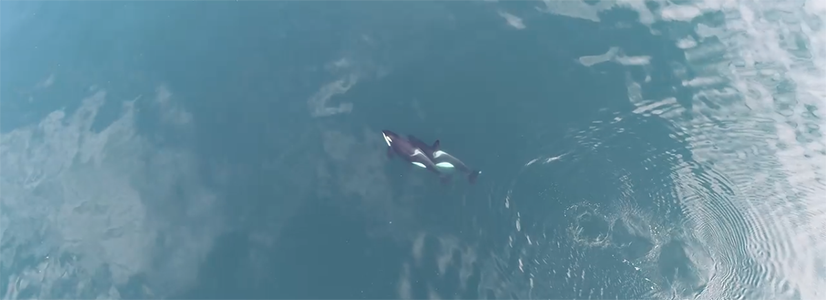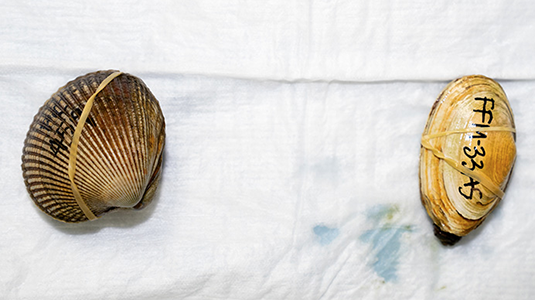A maternal preference for sons in a group of killer whales that swim off the Pacific Northwest may contribute to its endangered status
||| FROM NEW YORK TIMES |||
A fully grown male orca is one of the planet’s fiercest hunters. He’s a wily, streamlined torpedo who can weigh as much as 11 tons. No other animal preys on him. Yet in at least one population, these apex predators struggle to survive without their moms, who catch their food and even cut it up for them.
Scientists have previously seen that some killer whale mothers share food with their grown sons. In a study published Wednesday in Current Biology, researchers found that this prolonged feeding carries a huge reproductive cost for mothers.
Killer whales, actually the largest members of the dolphin family, swim throughout the world’s oceans. Yet they live in discrete populations with their own territories, dialects and hunting customs. A group that spends much of the year off the coast of British Columbia, Washington and Oregon is known as the southern residents. They eat mainly Chinook salmon, which have been increasingly hard to find.
“Killer whales worldwide are doing fine,” said Michael Weiss, research director at the Center for Whale Research in Friday Harbor, Wash. But the southern residents, with a population of just 73, are considered endangered.
These whales stay with their birth family for their whole lives. The families are led by matriarchs who can live 80 to 90 years. Yet the females stop reproducing in midlife: Orcas and a few other whale species are the only mammals, besides humans, known to undergo menopause.
To try to explain menopause, scientists have looked for ways that matriarchs encourage the survival of their children and grandchildren. A 2012 study of southern resident killer whales, along with their neighbors, the northern residents, showed that the presence of older moms helped adult offspring stay alive — especially sons. Males over age 30 were eight times more likely to die in the year following their own mothers’ deaths.

Orca females stop reproducing in midlife; the and a few other whale species are the only mammals, besides humans, known to undergo menopause.Credit…Kenneth C. Balcomb/Center for Whale Research, Research Permit No. NMFS 21238

**If you are reading theOrcasonian for free, thank your fellow islanders. If you would like to support theOrcasonian CLICK HERE to set your modestly-priced, voluntary subscription. Otherwise, no worries; we’re happy to share with you.**









Paywall on the link: bummer.